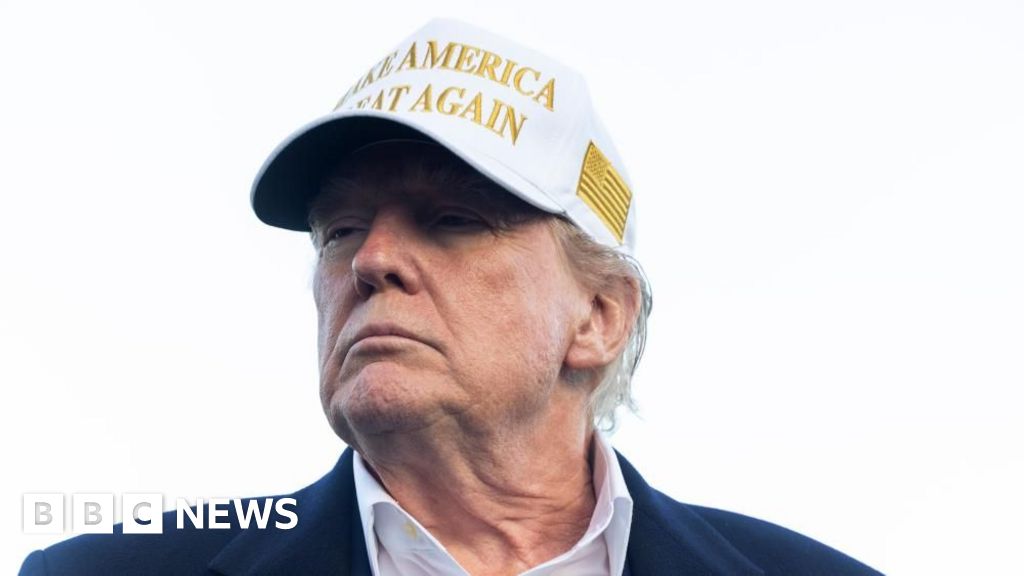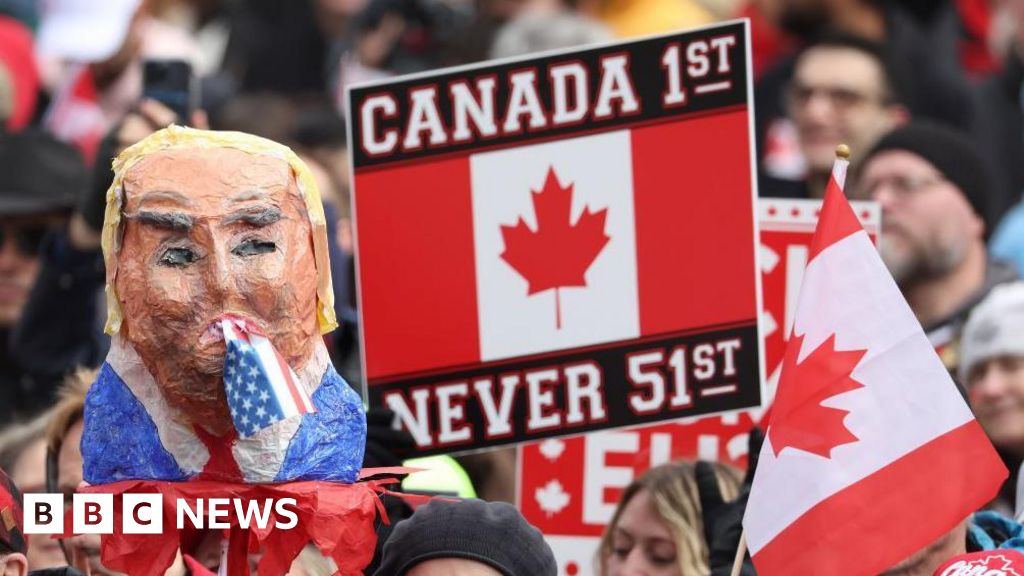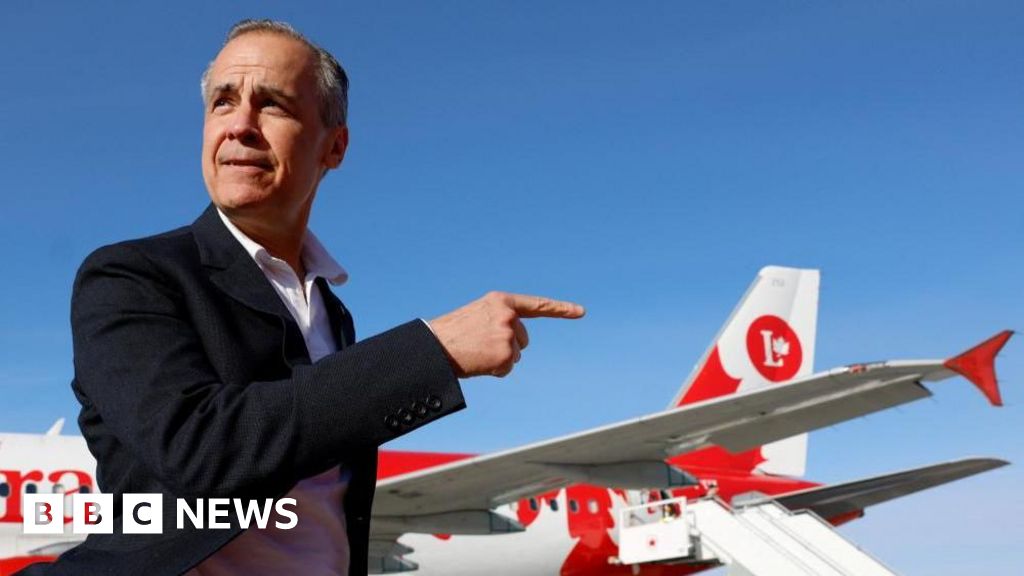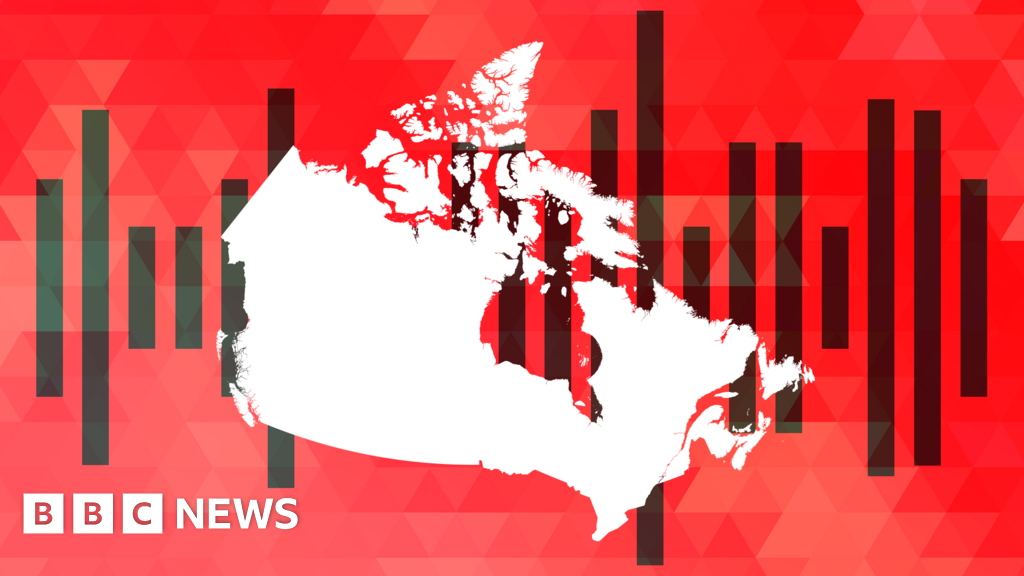Mark Carney's Stunning Victory Signals Major Shift in Canadian Politics

While Donald Trumps name wasnt officially on the ballots that Canadians cast on Monday, his influence loomed large over the election, ultimately resulting in what many are calling a significant defeat for the former U.S. President. Mark Carney, the former central banker, emerged victorious against all odds, successfully running a campaign centered on an anti-annexation message. His victory has been described as a remarkable reversal for the Liberal Party, which had previously been struggling in the polls.
In a dynamic shift that observers are labeling unprecedented, Carney managed to revitalize the Liberal Party, pulling it back from the brink with a turnaround of approximately 30 points in public support. Just earlier this year, Conservative Leader Pierre Poilievre seemed to have the upper hand, having consistently led the deeply unpopular Prime Minister Justin Trudeau in the polls for more than two years. Poilievre had successfully convinced many Canadians of the necessity to oust the Liberals from power, leading to speculation that he was already preparing for his new role in the Prime Ministers office.
The turning point in Carneys campaign emerged after a significant breakfast meeting with Ontario Premier Doug Ford in a casual Toronto diner last March. Despite Carneys background as a central banker, he and the more relatable Ford established a rapport that resonated with voters. According to Gerald Butts, an advisor to both Trudeau and Carney, Fords endorsement played a crucial role in signaling to voters in the Greater Toronto Area that Carney represented a departure from Trudeaus leadership, particularly concerning economic policies. This message successfully attracted a demographic that had previously turned their backs on the Liberal Party due to dissatisfaction with Trudeaus tenure.
While Carneys message was gaining traction, Poilievre struggled to respond to Trumps derogatory comments about Trudeau, referring to him as governor and placing blame on the Liberals for issues surrounding border security. His slow and ineffective response did not resonate well with voters in Ontario, a province that generates approximately CAD $500 billion annually in trade with the U.S. and where nearly 100,000 jobs are tied to the automotive industry.
Pollster Frank Graves from EKOS Research highlighted a significant phenomenon during this election cycle, noting that around eight million voters shifted their support towards the Liberal Party in just six weeks. According to Graves, this was not a superficial change. Instead, he characterized it as a visceral reaction to what he termed Donald Trump 2.0, referencing a wave of extreme political behavior that many Canadians found alarming.
Had Poilievre responded more swiftly to the rising tensions and tone set by Trump, he may have fared better in the election. Unfortunately for him, he has earned a reputation as a fierce attack dog rather than a coalition builder. His aggressive critiques of the Liberal Party were heavily influenced by the MAGA movement, which ultimately alienated progressive voters who traditionally supported left-wing parties such as the NDP and the separatist Bloc Qubcois. This polarization has led to a political landscape more resembling a two-party system, with the Liberals emerging as the larger party.
Poilievre, facing dwindling popularity among a large segment of the electorate, resorted to attacking Carneys qualifications, attempting to portray him as unfit for office. However, Carneys impressive resume as a former leader of both the Bank of Canada during the 2008 financial crisis and the Bank of England during the tumultuous Brexit years provided him with a profile that resonated with many voters. Despite Poilievres attempts to label Carney as sneaky or akin to Trudeau, these attacks failed to gain traction. Even a media campaign that included criticism from former British Prime Minister Liz Truss, whose own leadership was notoriously brief, did not derail Carneys rise.
Although Carney may lack the charismatic stage presence that both Trudeau and Poilievre possess, his calm and competent demeanor has provided reassurance to a nation facing uncertainty. Many Canadians appear to be craving stability and effective leadership amidst a turbulent political climate.
In spite of his centrist positioning, Carney has made bold promises to increase spending beyond Trudeaus record-setting deficits, asserting that Canada must invest heavily to navigate the trade war that threatens to induce a recession.
Poilievre had the opportunity to capitalize on discussions surrounding taxes and spending, focusing on enhancing affordability and rejuvenating the economy. However, Trumps continued involvement in Canadian politics overshadowed these messages. On election day, the former U.S. President took to social media, addressing the Great people of Canada and encouraging them to choose to become the cherished 51st state of the United States of America.
It is clear that Canadians are not interested in this proposition, and now the onus falls on Carney to ensure that such an outcome remains firmly off the table.























